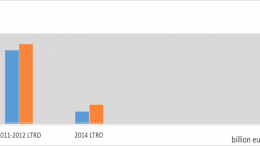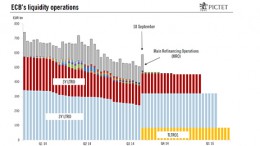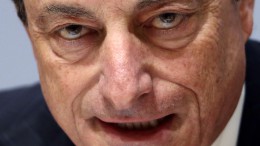How would broader ECB QE impact the UK?
LONDON | UBS analysts | UBS expects the ECB to widen its asset purchase programme to include corporate, parastatal and sovereign bonds on 5 March 2015. Our base case is for €1 trillion of sovereign bond purchases to be undertaken over a two-year time horizon. In this note, we examine how a broadening of the ECB’s QE programme is likely to impact the UK economy and sterling-denominated asset classes.







